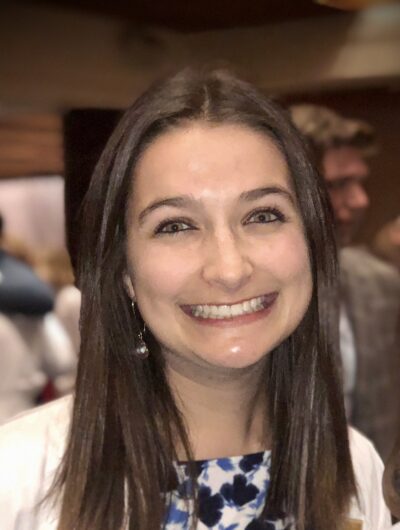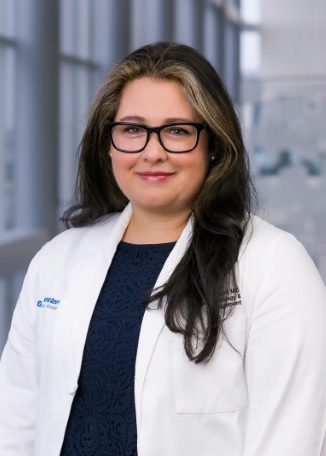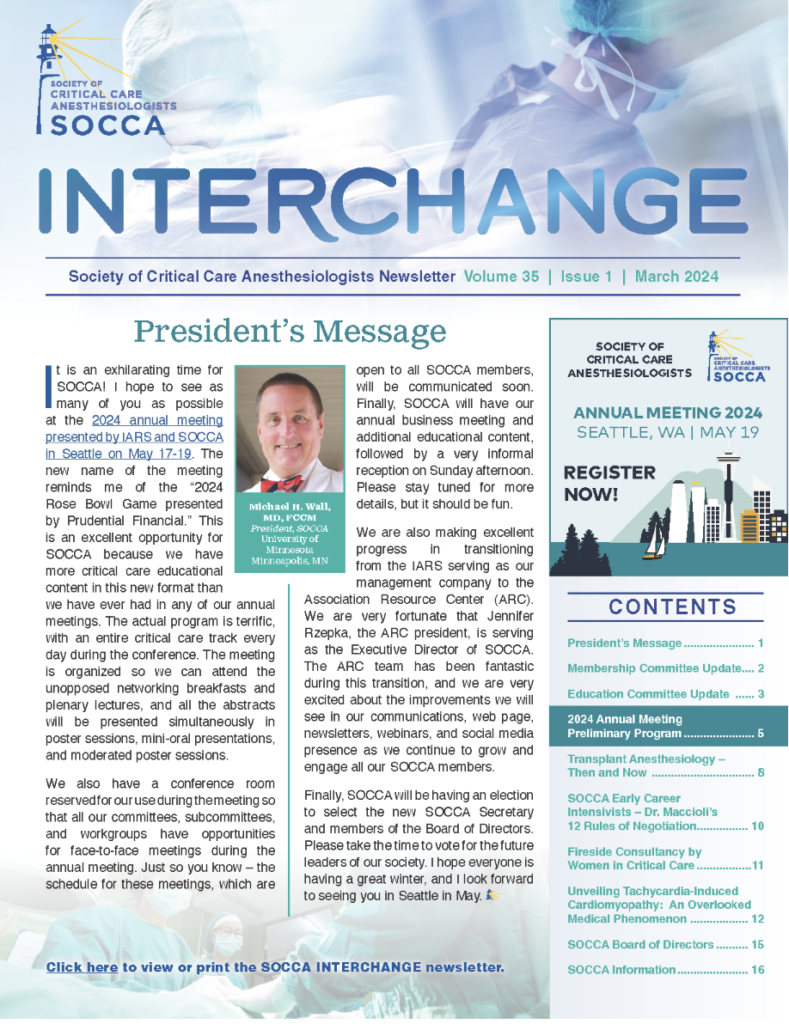COVID-19, the Delta Variant, and the Imposter Syndrome
Imposter syndrome is the internal struggle to trust our knowledge and capability, and it follows many of us through each facet of training and career. I first experienced it in medical school. Time and experience is a good antidote, but the real remedy is mimicry; “fake it until you make it.” This skill, mastered in kindergarten, resurfaced for me while watching resident and faculty mentors traverse medicine, and my classmates and I decided to emulate them. Work like them, think like them, teach like them. Truthfully, my collected mentors from medical school were some of the main reasons I chose Anesthesiology as a specialty. Over the course of residency, we transition from mimicry to autonomy. Throughout training, solo experiences in the operating room and management decisions in the ICU begin to unify our confidence with our intelligence. And as we earn responsibilities, our imposter shrinks, overtaken by the privilege of practicing medicine. We choose to study, work hard, review, and read all in order to keep our imposter at bay. But at the edge of this privilege lies burnout, where the duty begins to overtake the individual.
In the last year and a half, the shadow of COVID-19 managed to eclipse every facet of medicine in a swift manner. It introduced an eruptive, disruptive ethical responsibility of self-sacrifice for the greater good. Our mentors redeployed into COVID-19 intensive care units, operating rooms and obstetric suites. Our leaders were challenged with overwhelmed hospitals, a lack of ventilators and exhausted physicians, providers, nurses and respiratory therapists. In some parts of the country, our resident colleagues were reassigned to short-staffed specialties or drafted into the COVID-19 units. In others, such as my home program, we were lucky to be shielded until the vaccine became available. Yet, as we were all pushed into battle, an insidious change began within residencies. It was not fully realized until the resurgence of COVID-19 with the Delta variant: the pandemic shifted from sacrifice of self to sacrifice of training. Hospital systems in north Texas are once again halting elective cases and there are whispers of the same on our subspecialty rotations. I ask myself if I will have the experience and confidence to care for my future patients, hating the imposter and fearing the answer. I see young unvaccinated patients dying daily, and the unnecessary loss breaks my heart. Mindfulness and resiliency are difficult to attain.
Residency is sacred, four years of learning in a protected space with dedicated faculty. We are encouraged to fail, to build grit, to accept fault and to celebrate victories. But the ecosystem is delicate—burnout existed at every level long before our current challenges—and the introduction of a virus nearly toppled our temple. Residents may be in the operating rooms again, but the worry for emergency shut downs, or ICU capacity, or the health of our department penetrates every interaction. The mental burden every faculty carries into their day cannot be lifted as long as the pandemic continues to infect our patients, affect our families, and unpredictably alter our plans. And—perhaps illogically—the change feels permanent. The imposter is winning. With COVID-19 ripping through our training, our mentors, and the very patients we serve (many our own age), residents lose their confidence and their grit. Our mentors protected us from the virus, the vaccine protects us from the illness, but who protects us from ourselves? We desperately want to find the light at the end of this tunnel, and we want to leave the imposter behind us in the dark.





































